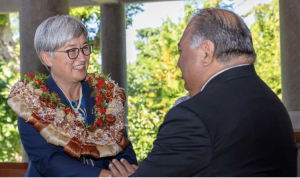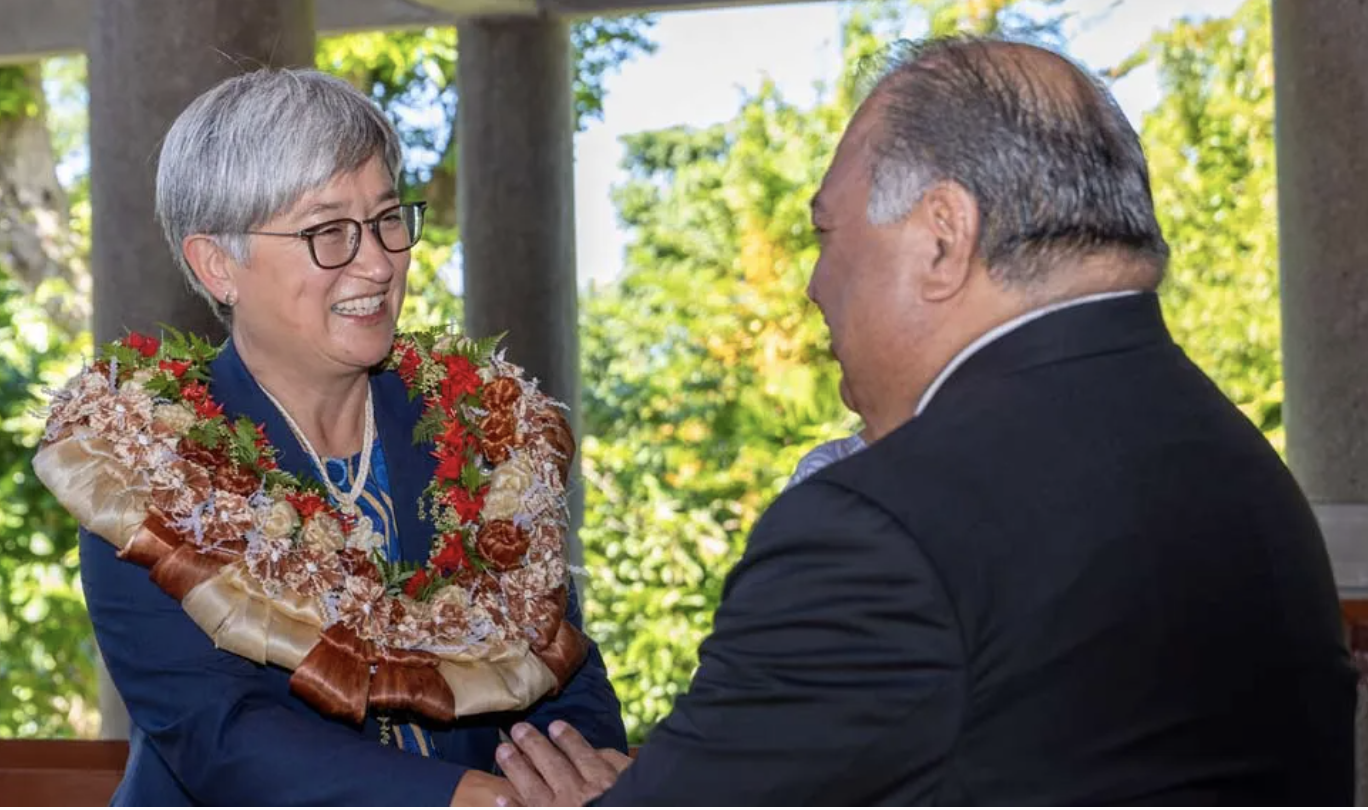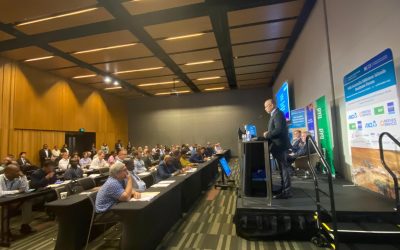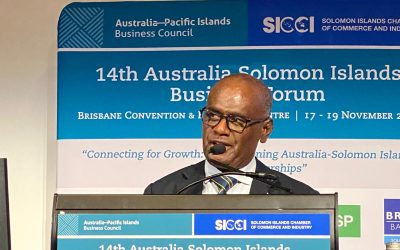
Penny Wong, Australian Foreign Minister meets Baron Waqa, the Pacific Islands Forum Secretary General Pic Courtesy Talamua Online.
Australian Foreign Minister Penny Wong announced in May 2025 that Australia will maintain its longstanding policy of providing tariff-free access for goods imported from these countries. This reaffirmation comes at a time when global aid is diminishing, and several Pacific nations are grappling with increased trade barriers.
Speaking at the Pacific Islands Forum headquarters in Suva, Fiji, Minister Wong emphasised Australia’s commitment to the region’s prosperity. “Forty years of tariff-free access into Australia has helped contribute to the prosperity of the Pacific. And I can promise you today, that will not change,” she said.
This policy is rooted in the South Pacific Regional Trade and Economic Co-operation Agreement (SPARTECA), established in 1980, which offers non-reciprocal duty-free access for specified products from Pacific Island countries to Australia and New Zealand.
The reaffirmation is particularly pertinent as Pacific nations like Fiji, Vanuatu, and Nauru have recently faced significant tariffs on their exports to other major markets. For instance, Fiji’s primary exports, including bottled water, sugar, and fish, have been subjected to a 32% tariff.
In addition to maintaining tariff-free access, Australia has pledged a record A$2.1 billion (approximately USD $1.35 billion) in development assistance to the Pacific Islands. Minister Wong highlighted that 75 per cent of Australia’s development budget is now dedicated to supporting Pacific nations, underscoring the country’s role as the region’s largest aid donor.
This continued support aims to provide economic stability and growth opportunities for Pacific Island nations, especially in sectors like agriculture, fisheries, and manufacturing. By ensuring unrestricted access to Australian markets, these countries can better navigate the challenges posed by global economic shifts and aid reductions.
Australia’s commitment reflects a broader strategy to strengthen regional partnerships and support the economic resilience of its Pacific neighbors. As global dynamics evolve, such steadfast support becomes crucial in fostering sustainable development and mutual prosperity in the region.



